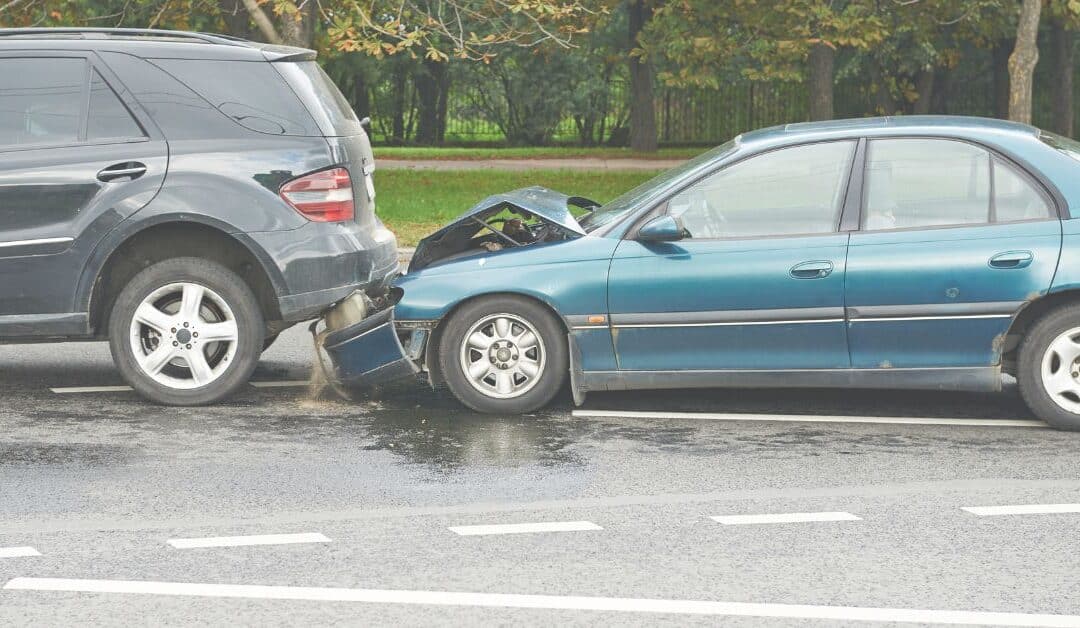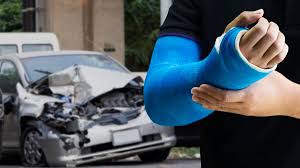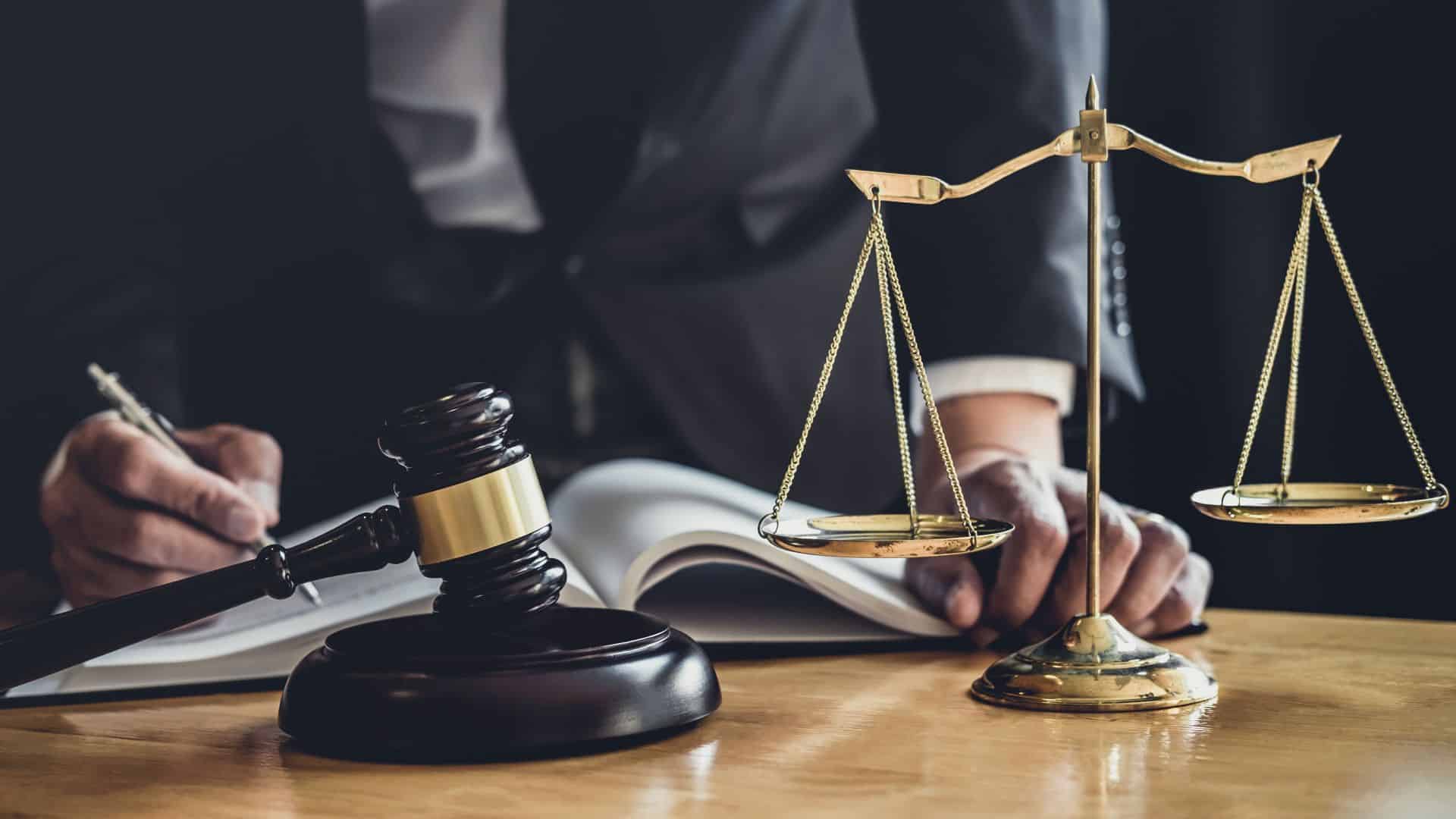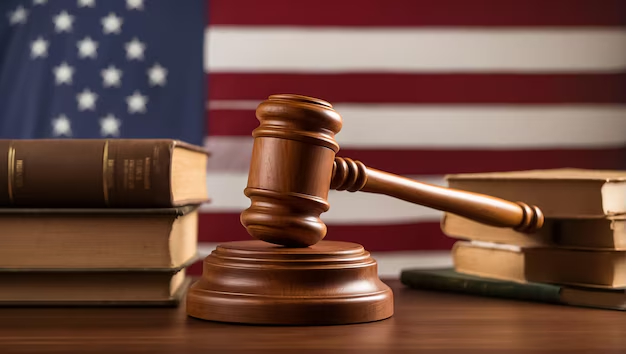When it comes to car accidents, most people think about driver behavior, vehicle condition, and road safety. However, one crucial factor that can significantly impact both the occurrence of accidents and the liability in personal injury cases is the weather. At 770GoodLaw, we believe it’s essential to understand how different weather conditions can influence car accidents and the subsequent legal implications.
The Role of Weather in Car Accidents
Weather can dramatically affect driving conditions, leading to increased accident risks. Rain, snow, fog, and ice can reduce visibility, impair traction, and make roads slippery. According to the Federal Highway Administration, approximately 22% of all vehicle crashes are weather-related, with wet and icy roads being the leading contributors. Understanding how weather impacts driving behavior is key to assessing liability in an accident.
How Weather Conditions Affect Driver Responsibility
In cases involving adverse weather, determining liability can be more complex. Drivers are expected to adjust their driving to account for conditions. For instance:
- Rain and Wet Roads: Drivers should reduce speed, maintain a safe distance, and be cautious of hydroplaning. If a driver fails to do so and causes an accident, they may be deemed negligent.
- Snow and Ice: Drivers must be aware of their vehicle’s capabilities and take extra precautions, such as using winter tires and allowing for increased stopping distance. If a driver neglects these safety measures, they may bear responsibility for any resulting accidents.
- Fog and Low Visibility: When visibility is compromised, using headlights and reducing speed is crucial. A driver who fails to take these precautions in foggy conditions may be held liable for an accident.
- The Importance of Documentation
In weather-related accidents, proper documentation is vital. This includes photographs of the scene, weather reports, and any witness statements. This evidence can help establish the conditions at the time of the accident and clarify how they may have influenced driver behavior and liability.
The Role of Expert Witnesses
In some cases, expert witnesses, such as accident reconstruction specialists or meteorologists, may be needed to analyze the impact of weather on the accident. Their insights can provide valuable context regarding how weather conditions contributed to the crash and the parties’ respective responsibilities.
Understanding Your Rights
If you’ve been involved in a car accident due to adverse weather conditions, it’s essential to consult with an experienced attorney. They can help you navigate the complexities of liability related to weather and ensure your rights are protected as you seek compensation for damages.
Stay Informed and Prepared
At 770GoodLaw, we emphasize the importance of understanding the various factors that can influence car accidents, including weather conditions. By being aware of how weather impacts driving and liability, you can make informed decisions and be better prepared should an accident occur. Always prioritize safety and drive cautiously in adverse conditions. If you need legal assistance after a car accident, don’t hesitate to contact our experienced team. We’re here to help you every step of the way.







